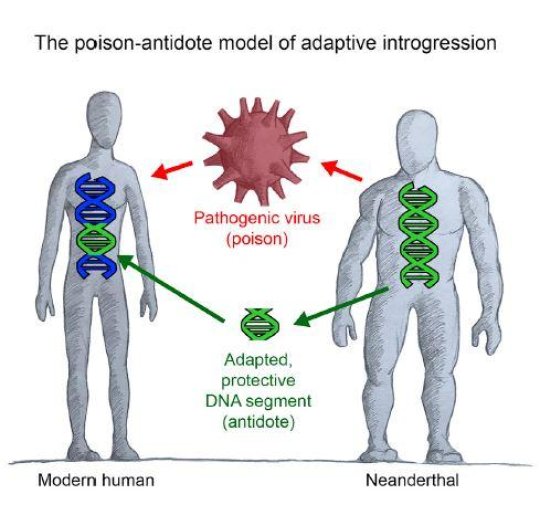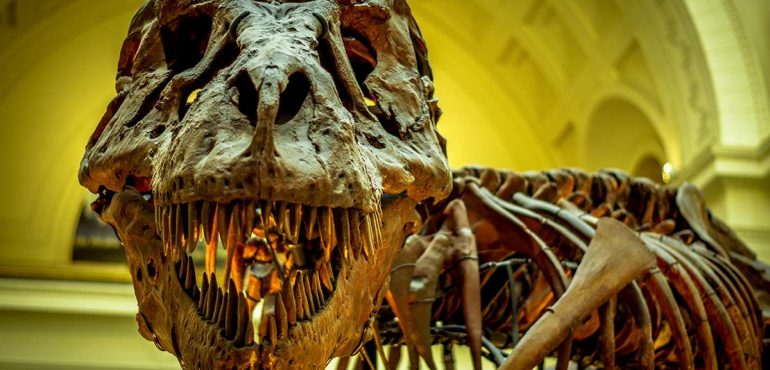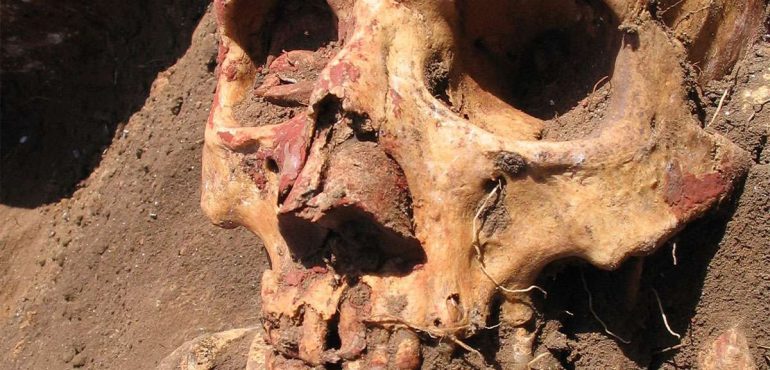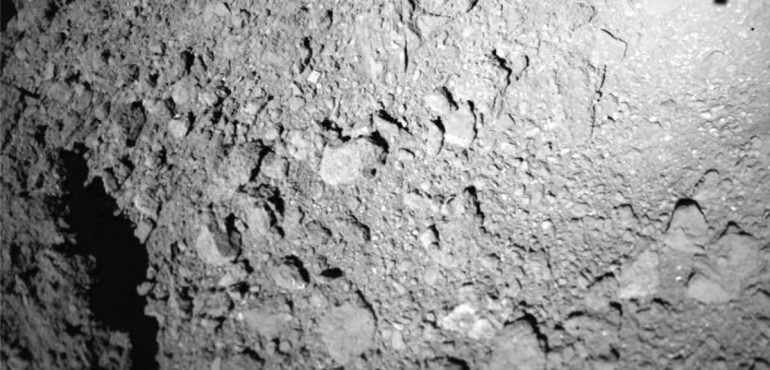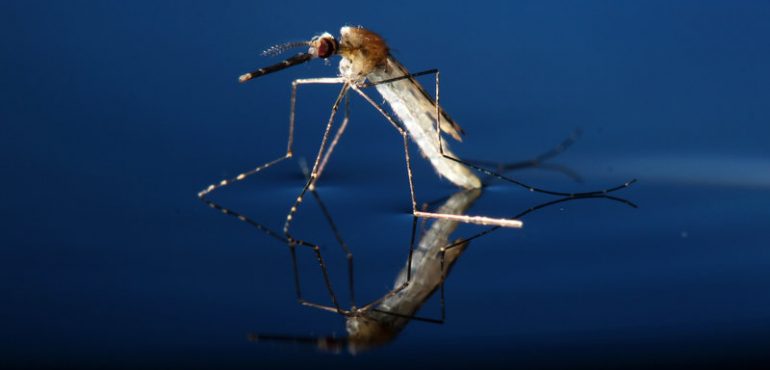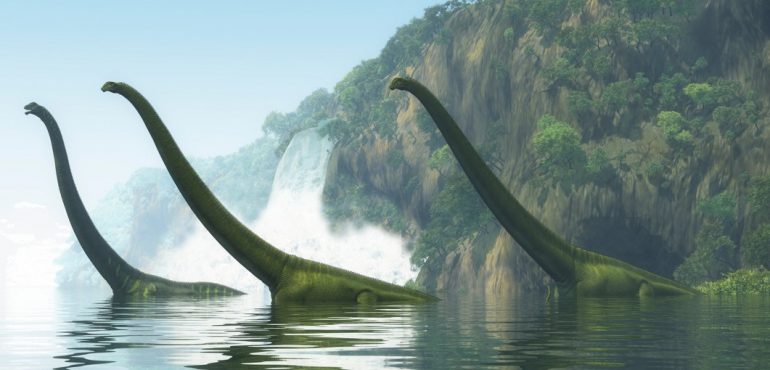Human evolution used to be depicted as a straight line, gradually progressing from an ape-like ancestor to modern Homo sapiens. But thanks to next-generation sequencing -- as well as the discovery of genetic material from extinct subspecies of early humans -- findings in recent years have shown that it wasn't quite so orderly. The human…
Read more
Viruses influenced gene sharing between Neanderthals and humans
